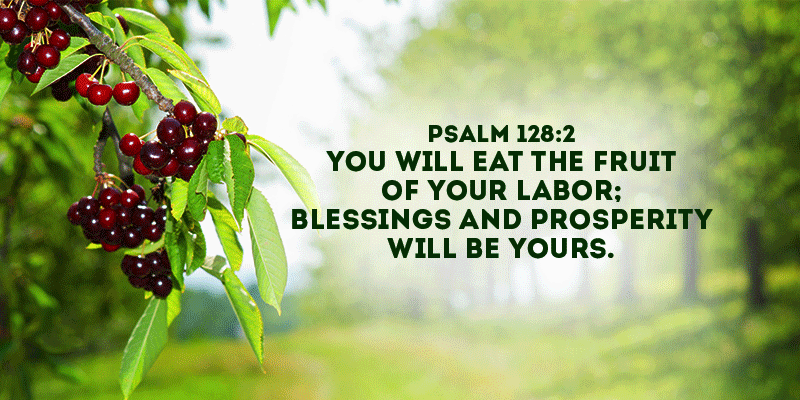
In Psalm 128 we read about
God’s plan for the man. The father described in this passage fears God and as a
result he has the blessing of God on his life. One of the great blessings he
enjoys is a family, “3 Your wife will be like a fruitful vine within your
house; your children will be like olive shoots around your table. 4 Behold,
thus shall the man be blessed who fears the Lord.”
The symbolic comparison of
the kids to an olive shoot is fitting. In Israel there are olive trees
everywhere. The shoots of new growth grow out of the base of the olive tree,
just as a father’s feet are crowded with children walking beside him. Though
the olive tree may not bear after it has been planted for forty years, it is a
symbol of longevity and productivity. Likewise with children raised in the
household of faith. They are not like grass, which is here today but is gone
tomorrow. Rather, they are like olive shoots that in due time bear their fruit
for many years.

Olive shoots
Just as a farmer must
lovingly nurture and cultivate an olive tree, so too a father must spend time
instructing his children and being involved in their daily life. The decision
to be a father is not just a delivery room decision. It is a daily decision. A
century ago, dads were on-site parents, working the farm or running the family
store. Children spent a great deal of their time alongside their parents,
working together. But in our modern culture, employment distances most dads from
their kids. Some dads leave home before the children are awake. Others arrive
home long after the kids are home from school. Consequently, it is possible,
even common, for a father to forget about fathering—to emotionally disconnect
himself from his children. Throughout the day, every day, dads need to renew
their “dad” decision. “Will I attend this convention?” “Is this meeting
essential?” “Can I rearrange these appointments to get home earlier?” On the
way home from work, dads have to decide to take off the work hat and put on the
“dad” hat. It’s a decision to manage his time, carefully reconciling work with
the priority of family.
In his book, Achieving Success Without Failing Your
Family, Paul Faulkner describes the decisions of an insurance executive.
Speaking at a businessmen’s convention, the man stressed the importance of
being a father first. The man’s daughter was in the audience. In the middle of
his talk he had turned to her and asked, “Sweetheart, do you remember the time
I won the million-dollar salesman three years in a row?” And she said, “No,
Dad, I don’t guess I do.” And then he asked, “Well, do you remember when we
used to have those Dairy Queen dates?” And she said, “Oh, yes!”
The speaker turned to the audience to make the point that daughters don‘t
remember when you sell a million dollars worth of insurance, but they do remember
time spent with them.[1]
In other words dad, “love” is not spelled L-O-V-E but T-I-M-E. -DM
[1] Paul
Faulkner, Achieving Success Without Failing Your Family, (West
Monroe, LA, Howard Publishing, 1994), 143-144.
No comments:
Post a Comment